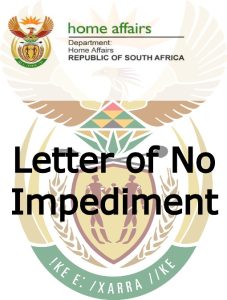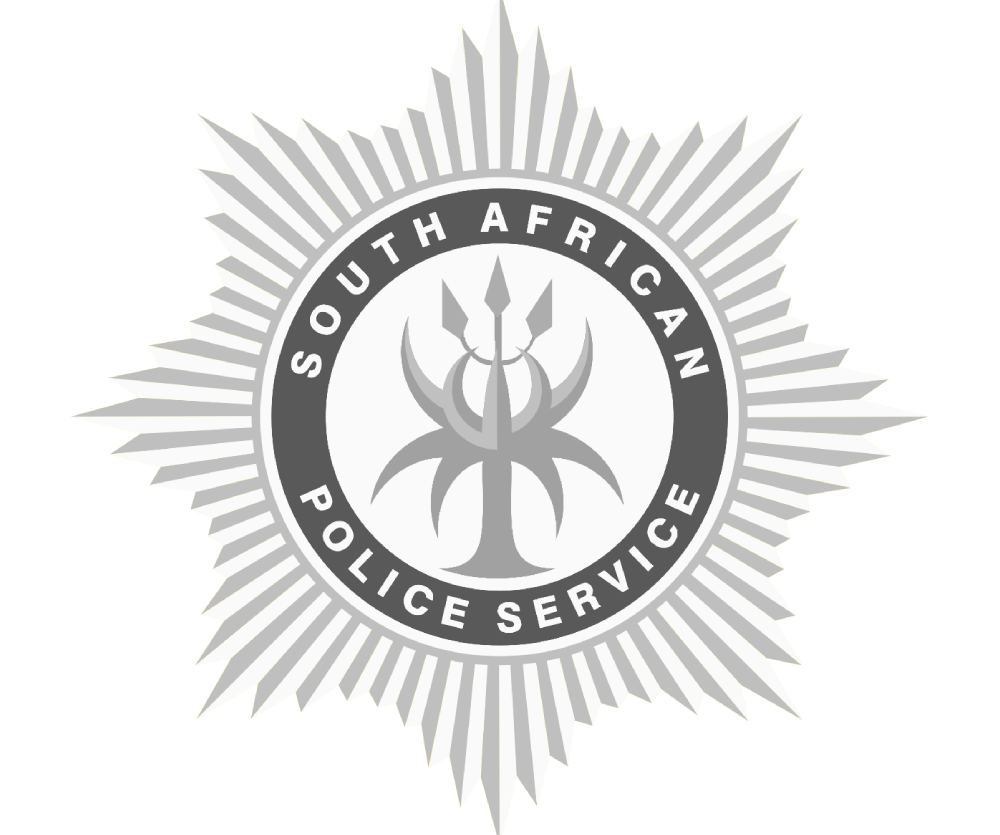Like individuals, South African companies often find themselves having to legalise documents for international transactions. Obtaining official recognition for your business and trade documents is crucial when dealing with overseas authorities, international banks or regulatory bodies. These documents, ranging from incorporation certificates to certificates of good standing, are essential for demonstrating your business’s legitimacy and compliance.
In the ever-changing landscape of international business, meticulous and accurate documentation is the cornerstone of successful transactions. Knowing whether you need notarisation, an apostille or a certified copy, and understanding how to obtain them efficiently, is crucial for avoiding unnecessary delays.
In this blog, we will break down what business and trade document notarisation and apostilles are in South Africa, why they are crucial for international business transactions, and what you need to know to ensure your documents are recognised worldwide.
What is a business and trade document in South Africa?
Proper documentation is the foundation of successful international trade. These documents ensure smooth operations, meet legal requirements and facilitate the cross-border movement of goods. They also serve as proof of your business’s legal status and structure. Common examples include:
 Certificate of Incorporation
Certificate of Incorporation- Certificate of Good Standing
- Memorandum & Articles of Association
- Certificate of Free Sale
- Certificates of Origin
- Commercial Invoice
This list is not exhaustive, but these documents are often required for cross-border business, banking, international trade or legal matters, and they often require notary certification and an apostille.
What is the first step in ensuring that business and trade documents are compliant for international use in South Africa?
Whether you take the DIY approach or turn your business and trade document notarisation and apostille needs over to Global Apostille’s experts, here’s what you need to know.
- Know your country of use: Every country has its own rules regarding the documents it will accept, the signatures and proof of authenticity it requires, and the processes you must follow. Consult the local embassy of your destination country to find out what the legalisation requirements are from the outset.
- Know your documents: The document you’ll need depends on whether your company in South Africa falls into one of two categories, each of which is treated differently.
- Non-government-notarised documents, such as bank letters, affidavits, powers of attorney or deeds of assignment. These must generally be properly notarised by a valid South African notary.
- Government-issued documents such as a CIPC certificate of incorporation, SARS certificates of good standing, or court documents. These must be certified copies on agency or court letterhead bearing the name, title and signature of the issuing officer.
Does the country of destination follow the Hague Apostille Convention?
When it comes to authenticating documents, the world’s countries fall into two camps:
- Members of the Hague Apostille Convention. More than 125 jurisdictions have agreed to accept documents authenticated and approved by the home country when both countries belong to this Convention. The process is known as apostille.
- Non-apostille countries that require more steps. Documents must be authenticated by the home country and legalized by proper authorities—usually an embassy or consulate located in the originating country—of the country of use.
South Africa is a member of the Hague Apostille Convention, so your document production will be simpler when you’re operating in another apostille country.
The Role of Apostilles in Global Business
Apostille certificates play an integral role in several aspects of international business, such as establishing a business bank account or founding a new branch abroad. They are also crucial for validating academic certificates, passports, driving licences and other official documents for employment and education purposes. Once an apostille has been obtained for a document, it is legally valid and accepted without further legalisation.
However, as mentioned above, not all countries are members of the Hague Convention, which is an important point to note. Member states recognise apostille certificates, whereas non-member states may still request them but often require additional legalisation by their embassies. It is important to understand these distinctions when dealing with international document authentication.
The legalisation Process of Business and trade document in South Africa
Now that we have a better understanding of the importance of legalising documents and the types that require it, let’s delve into the process itself. The notarisation and apostille process usually involves the following steps:

Document preparation and notarisation
- Notarisation
Before a document can be apostilled, it may first need to be notarised by a notary public in South Africa. This is usually necessary for certain types of document, such as contracts or powers of attorney. The notary public verifies the authenticity of the signatures and the contents of the document.
- Issuance of the apostille certificate
Once notarised, the document must be submitted to the High Court for an Apostille. The High Court will verify the signature of the notary or the issuing authority and affix an Apostille to the document. This Apostille certifies the document’s authenticity for use overseas.
- Translation (If Required)
Depending on the destination country’s requirements, a document in English may still need to be translated into French, Spanish, German or Portuguese.
Additional tips to make your Notarisation and Apostille of business and trade documents even more efficient:
Plan Ahead: Don’t wait until the last minute to initiate the legalisation process, as this may result in unnecessary delays. Factor in processing times for both notarisation and the apostille process, and allow for any potential delays.
Maintain a Paper Trail: Make sure you keep copies of all your documents, including the originals, translations and legalisation certificates. These will be useful in case of any issues or if you need to re-export the documents in future.
Stay Updated: Legalisation requirements can change over time. Stay informed by checking the websites of relevant embassies, consulates, or chambers of commerce for the latest updates.
Work with Professionals
The process of notarising and apostilling business and trade documents in South Africa can still be complex, especially when it comes to ensuring compliance with international regulations. Partner with a professional document legalisation service such as Global Apostille to ensure the process is handled correctly and efficiently, thereby reducing the risk of delays or errors.
We liaise with government departments, embassies and consulates, and swiftly respond to requests for additional documentation.
For more information on our services please feel free to contact us. Tel: 012 348 3134| Mobile: 081 347 6060 | Email: info@apostillelegalisation.co.za














